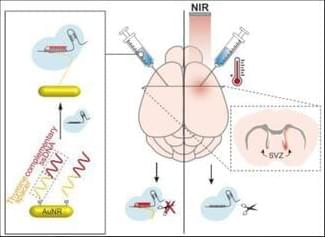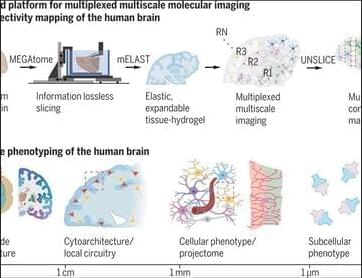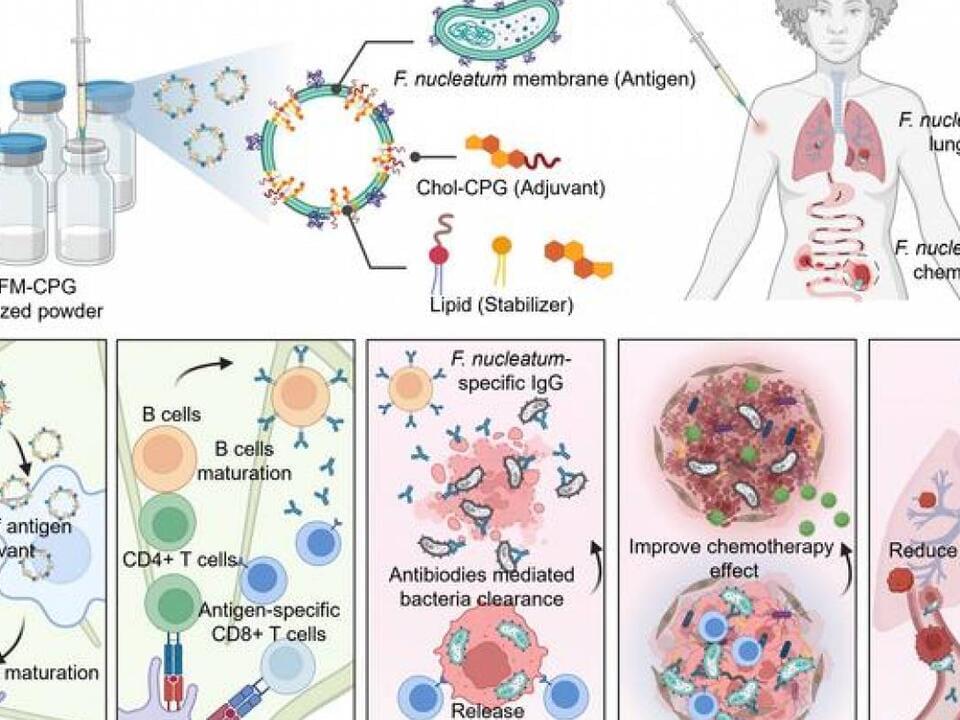Researchers have decoded the genomic sequence of Zygnema algae, revealing insights into the evolutionary transition from aquatic to terrestrial plant life. This breakthrough enhances our understanding of plant adaptation mechanisms and offers a basis for future studies in environmental resilience and bioenergy.
Plant life first emerged on land about 550 million years ago, and an international research team co-led by University of Nebraska–Lincoln computational biologist Yanbin Yin has cracked the genomic code of its humble beginnings, which made possible all other terrestrial life on Earth, including humans.
The team — about 50 scientists in eight countries – has generated the first genomic sequence of four strains of Zygnema algae, the closest living relatives of land plants. Their findings shed light on the ability of plants to adjust to the environment and provide a rich basis for future research.







